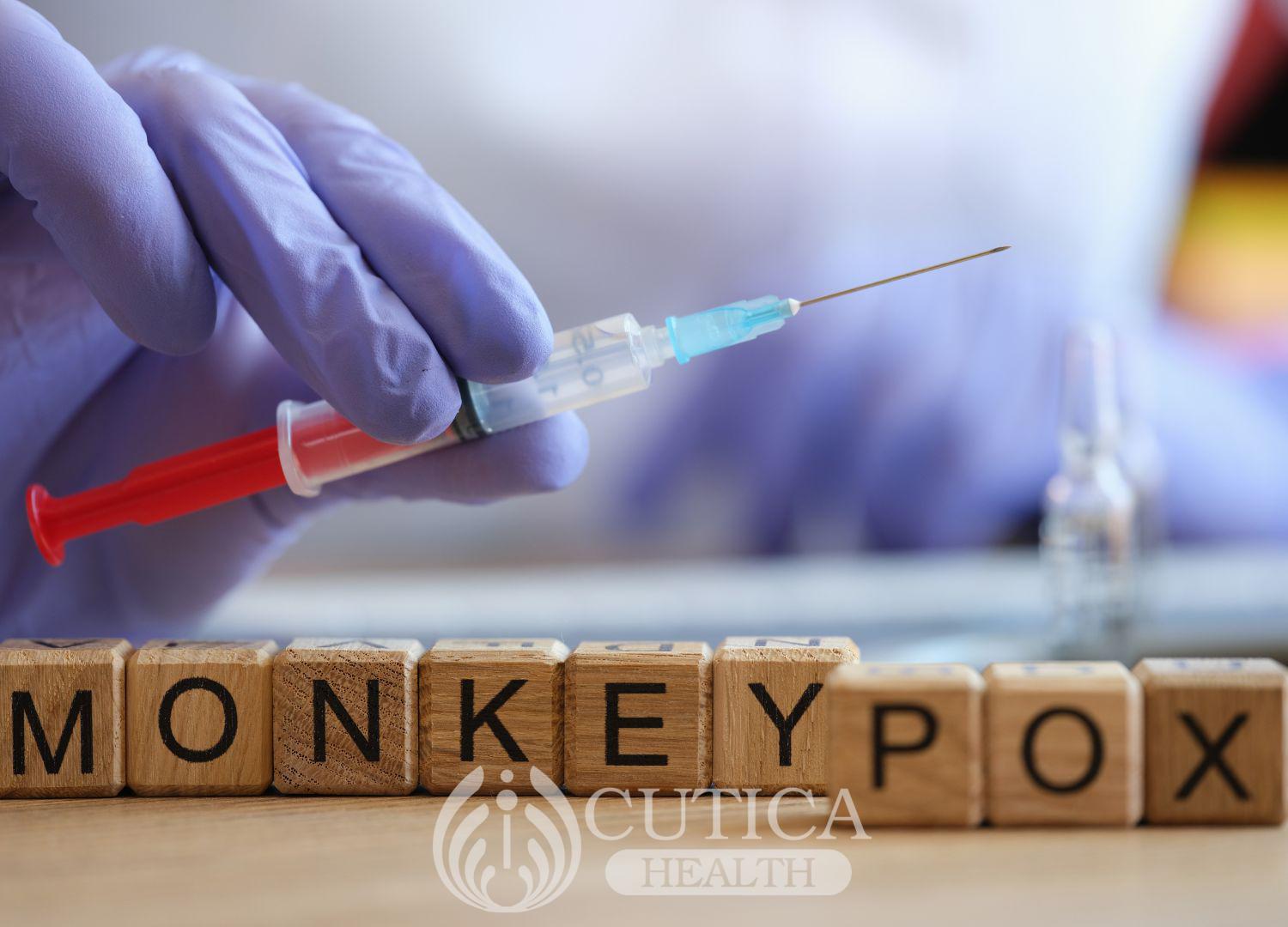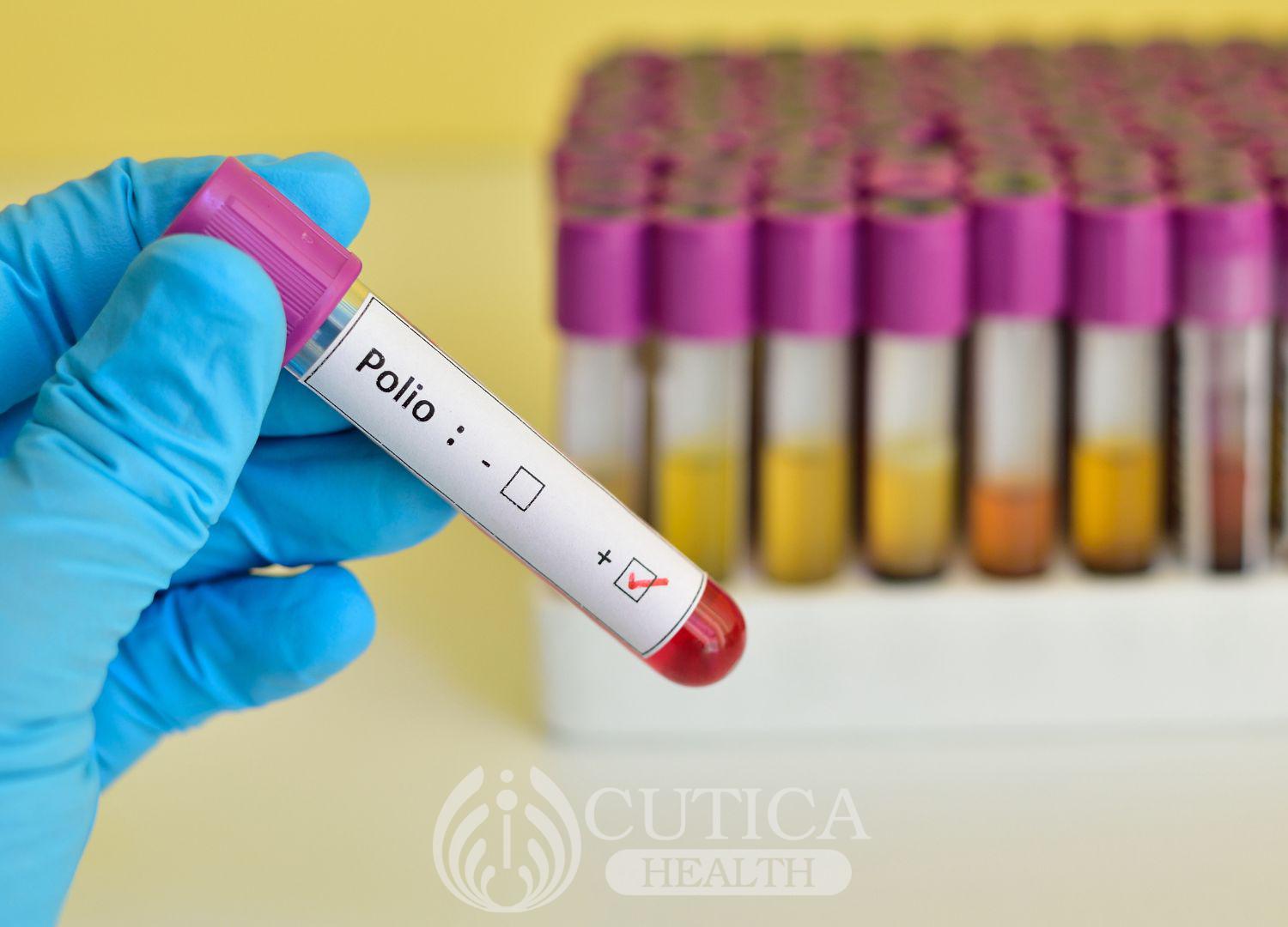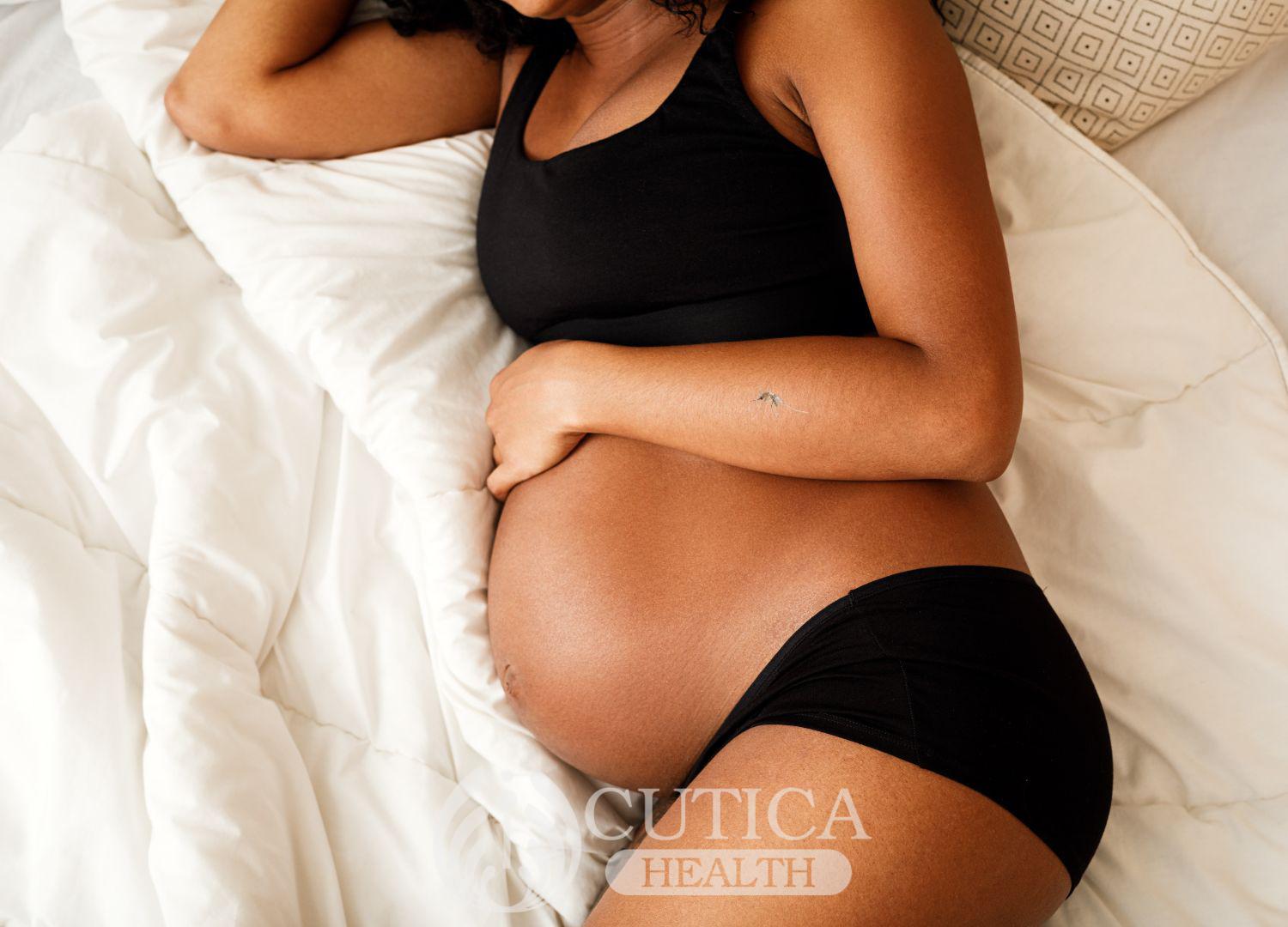
Monkeypox is a rare and highly contagious viral infection commonly seen in west and central Africa, which has been spreading to other parts of the world in a recent outbreak. Monkeypox often results in symptoms that are similar to those of other viral infections, such as chickenpox and measles, and may even be mistaken for those.
Monkeypox is endemic in some countries, meaning it occurs quite commonly among the general population in a region; however, in 2022, the World Health Organization declared monkeypox a global health emergency after it spread to many countries.
What are the symptoms of monkeypox?
People infected with monkeypox typically get a rash that is usually sited on a near the genitals or anus, and other areas of the body, including hands, chest, and mouth. The rash has the following patterns also:
- It looks like blisters or pimples that could be itchy or painful
- The rash appears in different stages until it scabs and heals completely within one to two weeks of appearance

Other symptoms of monkeypox include:
- Fever
- Headache
- Fatigue
- Muscle pain
- Swollen lymph nodes
- Sore throat
- Flu-like symptoms, including cough and runny nose
- Some strains of monkeypox could cause death in rare cases
One begins to experience monkeypox symptoms within 3 weeks of exposure to the virus, with the flu-like symptoms developing 1 to 4 days after the rash. While not everyone who contracts the virus experiences symptoms, there is currently no evidence that people without symptoms can spread the virus.
How is monkeypox spread?
Monkeypox is a highly contagious infection and can be spread via the following ways:
- Direct skin contact with monkeypox rash, scabs, or body fluids from an infected person
- Touching objects contaminated with the virus
- Contact with respiratory droplets from a cough or sneeze of an infected person
- Skin-to-skin contact during sexual intercourse via oral, anal, or vaginal sex, or touching the genitals of an infected person. Scientists are not sure at the time of writing if monkeypox can be spread through semen, vaginal fluids, urine, or faeces of an infected person.
- Touching fabrics or objects used by an infected person
- Monkeypox can also be contracted by getting scratched or bitten by an infected animal or preparing meat or other products from an infected animal.

A person with monkeypox can spread the virus to others from the time they begin to experience symptoms until all the rashes scab and heal completely.
How is monkeypox treated?
Although many cases of monkeypox resolve on their own, severe cases of monkeypox may require treatment with anti-viral medicines.
According to the Centers for Disease Control and Prevention, the following groups should be considered for anti-viral treatment:
- People with severe monkeypox
- People with weakened immunity
- Children under the age of 8
- Pregnant women
How to prevent monkeypox
Preventing monkeypox infection just requires simple hygiene practices, including:
- Avoid close contact with people who are infected, and also avoid contact with their belongings, as these are conduits of the infection
- Wash your hand properly and regularly
- Wear protective wears when caring form someone with the infection
- There are vaccines against monkeypox available in some countries, which, if administered early after exposure, reduce the severity of the disease.
- If you have been exposed to the virus, monitor your health for two-three weeks and report any symptoms. You can go about your normal activities if you do not have any symptoms. Do not donate blood, tissue, semen, or organs during this period.












